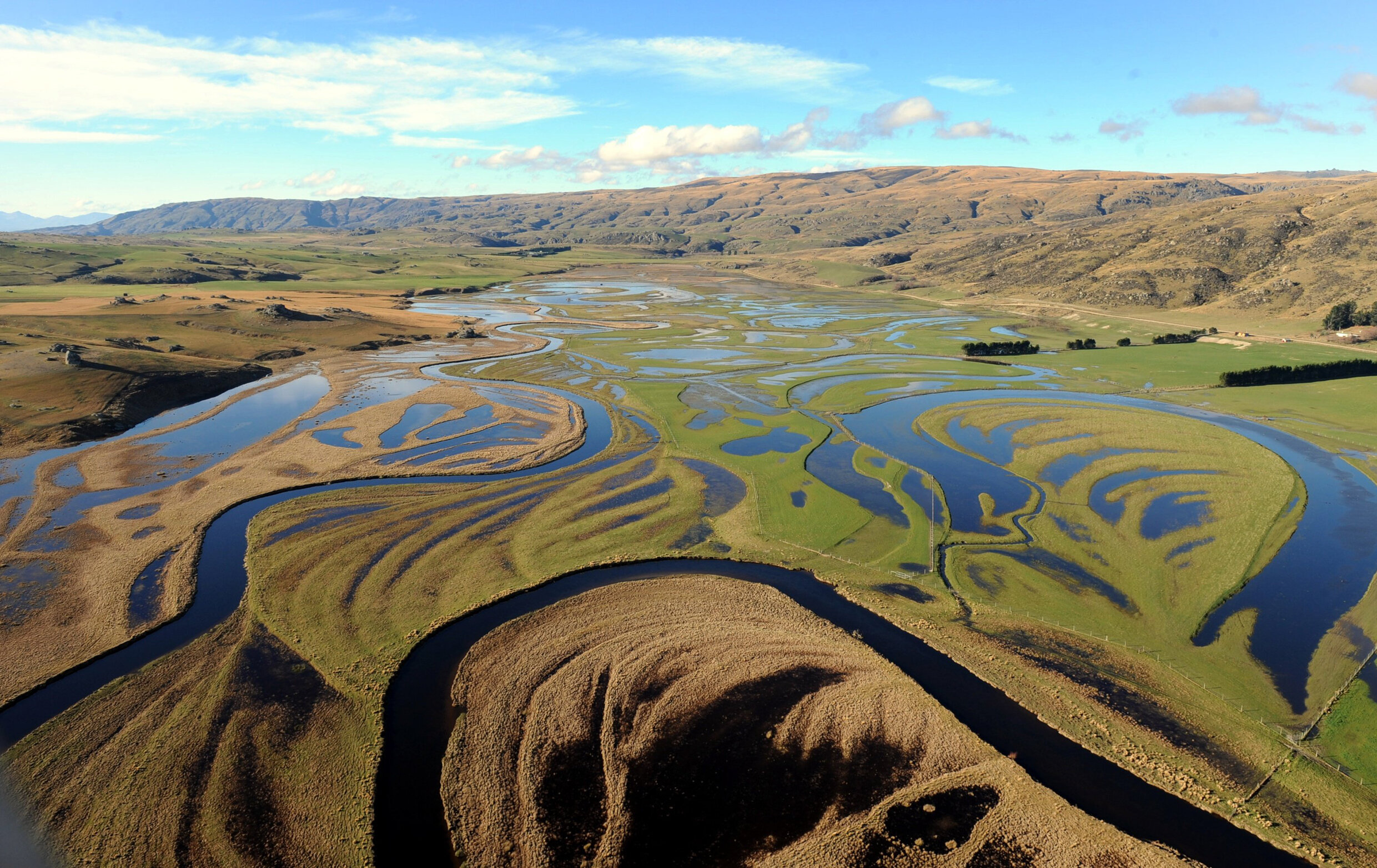
A Cross-Cultural History of Rural Land Inheritance
From 2017 to 2020 I was Principal Investigator for a Royal Society of New Zealand Marsden Fast-start study entitled ‘Splitting up the Farm? A Cross-Cultural History of Land and Inheritance in Aotearoa New Zealand’.
The stimulus for this project were frequent anecdotes I heard about familial ruptures related to farm inheritance. In the media, community folklore and in chatter emanating from shrouded family disputes, stories abounded of siblings contesting wills and becoming estranged over their parents’ estates. In these instances it was often the troubles - rather than the land - that were passed down the generations.
I had studied family silences and intergenerational dynamics in my PhD, and, building on this research, I proposed a study of two rural districts to explore this sensitive issue with families, and carry out a detailed examination of land records, maps and other official archives. Challenging stereotypes of farming families as Pākehā agriculturalists, I designed the study to include families of Māori, Chinese and Croatian - as well as British - descent. This diversity was also built-in with a view to comparing inheritance practice across cultures.
Taieri, in the south of the South Island, and Hokianga, in the Far North, are distinct rural communities with useful contrasts and connections. I chose Taieri because I grew up in the town at its centre and had local contacts there. Many of the inheritance stories I had heard emanated from the area. I chose Hokianga because I had no such connections and no preconceived ideas about the character of the farming community there. Each place underwent different processes of Māori land alienation, and both had families of non-British, non-Indigenous descent that had gone on to own farms that were passed down the generations: Chinese market gardeners on the Taieri, and Croatian winemakers in Hokianga.
I completed the research in February 2020. This included several months’ immersive fieldwork in Hokianga; interviews with five families in each district; research in community and public archives across New Zealand; and employing research assistants to gather land titles, newspaper articles and probate files relevant to key families and blocks of land.
Since arriving in Melbourne at the end of February 2020, I have been organising this material and writing a monograph, under contract with Auckland University Press, entitled Family Land: Inheritance, Culture and the Family Farm.
The key discoveries of the project have been:
the legacy of settlement schemes in the Far North in the 1880s, previously dismissed by historians as a failure
the prevalence of leasing in both districts, despite a dominant narrative of freehold farming in New Zealand
the active role of colonial families in the process by which Māori land was alienated and put into general title
the existence of a complex and dynamic community trade in land that, I argue, is central to rural community formation, and brings new insights to the field of family history, blurring the boundaries between family and community.